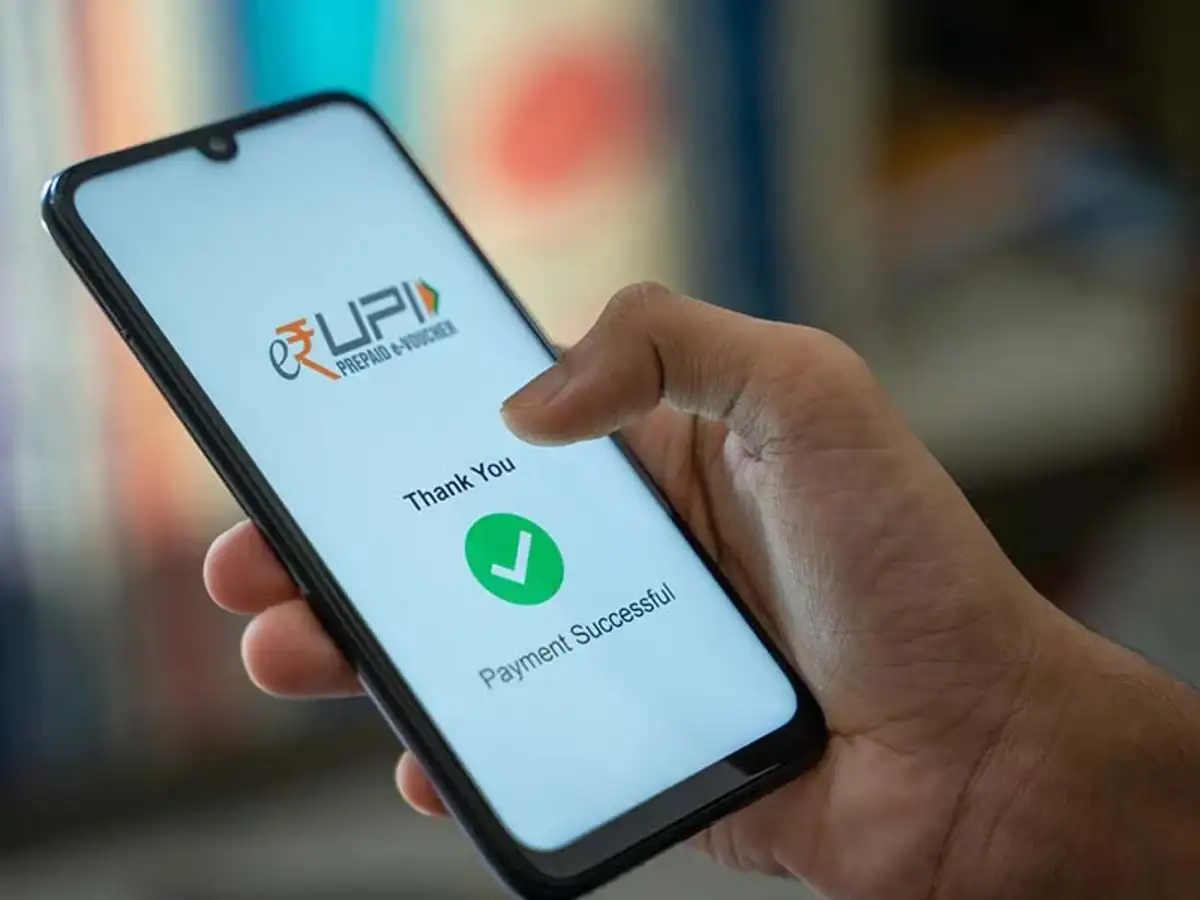India's Unified Payments Interface (UPI), the real-time payment system that has become the backbone of the nation's digital economy, experienced a significant disruption recently, leaving thousands of users unable to complete transactions. This latest outage, which occurred on April 12, 2025, marks the fourth such incident in just over three weeks, raising concerns about the reliability and resilience of the increasingly vital payment infrastructure.
The disruption affected a wide range of UPI payment platforms, including major players like Google Pay, PhonePe, and Paytm, as well as banking applications. Users reported encountering failure messages when attempting to make payments or transfer funds. According to Downdetector, a platform that tracks online service disruptions, complaints regarding UPI services surged, with payments and fund transfers being the most reported issues.
The National Payments Corporation of India (NPCI), the governing body that oversees UPI, acknowledged the issues, citing "intermittent technical issues, leading to partial UPI transaction declines" in a statement posted on X. The NPCI assured users that they were working to resolve the problem and regretted the inconvenience caused.
While the NPCI attributed the outages to technical glitches, the precise cause remained initially unclear. However, in a later report on April 16, 2025, the NPCI revealed the root cause of the April 12th outage. According to their analysis, the disruption was caused by banks flooding the system with excessive transaction status check requests. The absence of a transaction status check limiter in the system's architecture allowed banks to repeatedly check the status of transactions, even older ones, overwhelming the system beyond its capacity, essentially creating a self-inflicted denial-of-service situation.
This incident highlights a critical oversight in the UPI system's design, where the responsibility for limiting transaction status checks was placed on the banks themselves rather than being enforced at the system level by the NPCI.
The recent spate of outages has triggered a wave of frustration among users and businesses alike. With UPI now facilitating a significant portion of India's digital payments, any disruption can have a cascading effect on the economy. Retail vendors, small traders, and online businesses are particularly vulnerable, as UPI has become deeply integrated into everyday payment processes.
The disruptions have also led to a surge in cash transactions, as some users revert to traditional payment methods to avoid the uncertainty of digital payments. This shift underscores the importance of ensuring the stability and reliability of UPI to maintain user confidence and support the continued growth of the digital economy.
Industry experts are now urging the NPCI to implement more robust failsafe mechanisms within the UPI architecture, including system-level throttling, to prevent future disruptions. They emphasize that relying solely on partner banks to self-regulate their API calls creates a single point of failure. Some experts suggest the need to diversify the entities driving the digital payments agenda to mitigate concentration risk. The Reserve Bank of India had previously conceptualized a National Umbrella Entity (NUE) to address this concern, but the idea was eventually shelved.
The frequent outages also raise questions about the long-term sustainability of UPI's zero-MDR (merchant discount rate) mandate. Fintech companies and banks are finding it challenging to invest in scaling up their platforms when the core payments business does not generate revenue.
While UPI's uptime generally remains high, exceeding 99% each month, the recent disruptions serve as a stark reminder of the potential vulnerabilities in the system. As UPI continues to grow and evolve, it is crucial to address these challenges proactively to ensure the stability, security, and resilience of India's digital payment infrastructure.

















